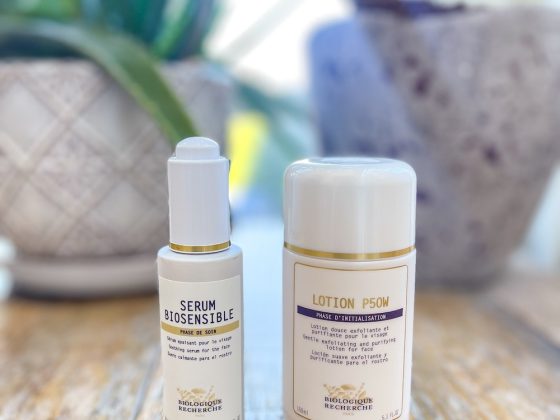It’s the New Year and many like to kick it off by giving up alcohol for the first month of the year, in an annual tradition known as Dry January. For many, this is a resolution to drink less in the coming year or take a break from the excessive drinking over the holidays. Whatever the case may be, this month is all about redefining your relationship with alcohol for the better.
“The first month of the year is a great time to get a fresh start. Abstaining from alcohol for a month can be inspiring for others in your life. Set an example. Use Dry January as an opportunity to experiment with your body and lifestyle to see how long you can go without alcohol and how it makes you feel to not have it in your system,” says Jennifer Tomko, a psychotherapist and owner of Clarity Health Solutions in Jupiter, Florida.
Going booze-free just one month has lasting benefits, according to a 2019 research study from The University of Sussex. Researchers found that those who participated in Dry January not only felt the need to drink less, but also had transformative physical and mental health benefits over the coming months. We spoke to a couple of experts about the benefits of Dry January and how it can optimize overall health and wellbeing:
1. Better Sleep
“The first things that a person will notice when abstaining from alcohol for a month is that they have better quality sleep,” says Sharron Frederick, LCSW, psychotherapist at Clarity Health Solutions in Jupiter, Florida. “Drinking alcohol can affect your REM sleep, especially the first two cycles as alcohol is a sedative and people tend to go into a deeper sleep quicker with alcohol. The more you drink, the more it affects your REM. REM sleep is important because it helps with your emotions together with memory organization.”
2. More Energy
“A break from alcohol can give you a lot of insight into how to be better to both yourself and others, by allowing you time to really examine your habits and surroundings,” says Dr. Stacy Cohen, MD, psychiatrist and founder of The Moment Health in Los Angeles. “Physically, a lot of people notice an increase in energy, weight loss, and have an easier time achieving fitness goals. Many people realize that alcohol doesn’t have all the benefits they thought it did and may be surprised to learn that cutting back or quitting drinking will enhance their quality of life.”
3. Lower Sugar Intake
“People tend to overindulge around the holidays, with eating and drinking more and therefore gain more weight in the process. Many people for their New Year’s resolutions tend to want to lose weight, so going dry for January is a great way to start the process. Alcohol tends to add empty calories to a person’s diet with increased sugar intake, so therefore, by stopping drinking you are also cutting back on sugar,” says Frederick.
4. Decreased Stress
“By stepping away from alcohol, people often notice how (and how often) they were using alcohol to cope with challenges, such as stressful life events. While alcohol may have helped create a temporary escape from those challenges, it does not generally solve them in the long term. Additionally, alcohol use can contribute to mental health challenges such as depression, anxiety, concentration and motivation issues, and sleep issues. Taking a break from drinking often helps people struggling with these challenges identify alcohol as a contributing factor,” says Dr. Cohen.
5. Greater Hydration
“Alcohol dehydrates your body and skin, so one of the first things that a person will notice is that their skin looks healthier, a person will feel less thirsty, have less headaches, and be less hungry. People tend to notice that they get their glow back, which can also be a great confidence booster,” adds Frederick.










